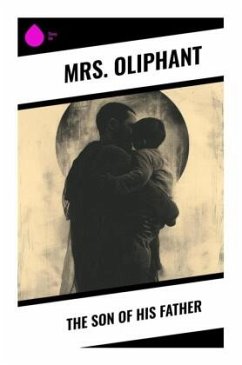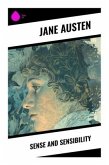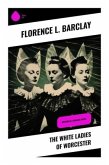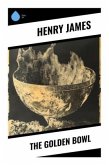In "The Son of His Father," Mrs. Oliphant deftly explores the complexities of familial ties and the impact of legacy on personal identity. Set against a backdrop of Victorian society, the narrative intertwines themes of duty, love, and the struggle for self-discovery within the constraints of societal expectations. Oliphant's literary style is marked by her rich character development and nuanced portrayals of emotional conflict, expertly reflecting the moral dilemmas faced by her characters, thus inviting readers to contemplate their own relationships with heritage and authority. A prominent figure in 19th-century literature, Mrs. Oliphant was not only a prolific novelist but also a keen observer of societal norms and changes in her time, factors that profoundly influenced her writing. Born into a Scottish family with strong literary connections, she often drew on her own experiences and the societal roles assigned to women to critique the status quo, thus providing a deeply personal lens through which she examines the themes of authority and inheritance in this work. I highly recommend "The Son of His Father" to readers who appreciate intricate character studies and a reflective approach to family dynamics. Oliphant's insightful narrative is both a poignant examination of father-son relationships and a timeless meditation on the often-strained connections that shape our identities.
Bitte wählen Sie Ihr Anliegen aus.
Rechnungen
Retourenschein anfordern
Bestellstatus
Storno








